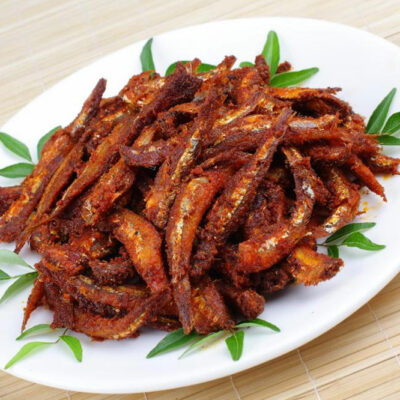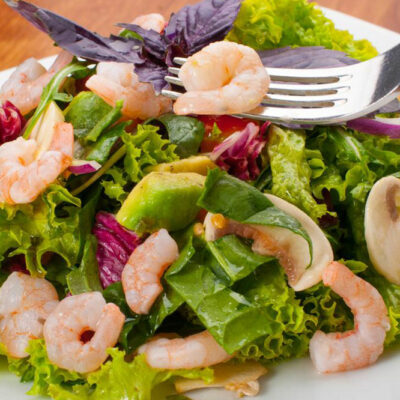
Dietary Tips to Manage ADHD Symptoms
Eating healthy and nutritious food is important for all children as they need nutrients, vitamins, and minerals to grow and develop properly. When you have a child with ADHD, it becomes even more important for them to eat healthy to help them manage and cope with their condition. Listed here are some dietary tips for ADHD that you can follow.
- Set a routine
Children with ADHD function better when there is a routine to their activities and daily life. Hence, one of the most important dietary tips for ADHD is setting a routine, especially for meal and snack times, which will prevent your child from getting hungry and eating unhealthy food. It would help if you kept in mind that children with ADHD tend to feel hungry quicker, and hence setting a routine can help manage symptoms. Also, hunger can be a trigger for ADHD symptoms. - Avoid junk food and fast food
Stocking up your kitchen with fruits, vegetables, and healthy snacks is one of the best dietary tips for ADHD and also to achieving good health and keeping your weight in check. You can slice up a carrot, cucumber, celery or cherry tomatoes to enjoy when hungry. Apple slices with cheese or plain yogurt mixed with fruit such as berries are also good options. - Make food attractive
Children can be fussy eaters even without ADHD; hence, offer them food in a variety of natural colors, textures, and flavors. You can get them involved with the preparation and presentation of food items; this might make them want to eat what they have prepared. - Avoid artificial food coloring
Check the labels of packaged food to ensure that it does not contain artificial coloring; this is especially important when buying food for children such as cereals and drinks. The food dyes and colors used to make them bright and colorful can increase hyperactivity. - A balanced diet
Making a few dietary changes, such as increasing the intake of foods that are high in protein and omega-3 fatty acids and consuming more complex carbohydrates can be beneficial for those with ADHD. Limit or restrict the consumption of simple carbohydrates such as sugar, white rice, and products made from refined flour as these can trigger the symptoms of ADHD. Adults with ADHD should also limit or restrict their consumption of coffee and other beverages that contain caffeine. - Talk to your doctor
Talking to your doctor or a dietician could be one of the beneficial dietary tips for ADHD, as they could help you with meal plans. They might be able to advise you on the essential nutrients, supplements, and multivitamins that your child needs to develop.
In addition to the above dietary tips for ADHD, you can keep a food diary for your child to help you observe which foods trigger ADHD symptoms and then eliminate them from their diet.


